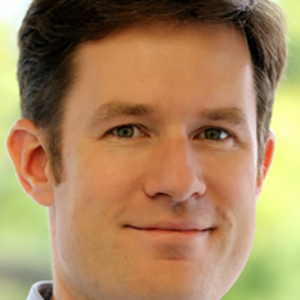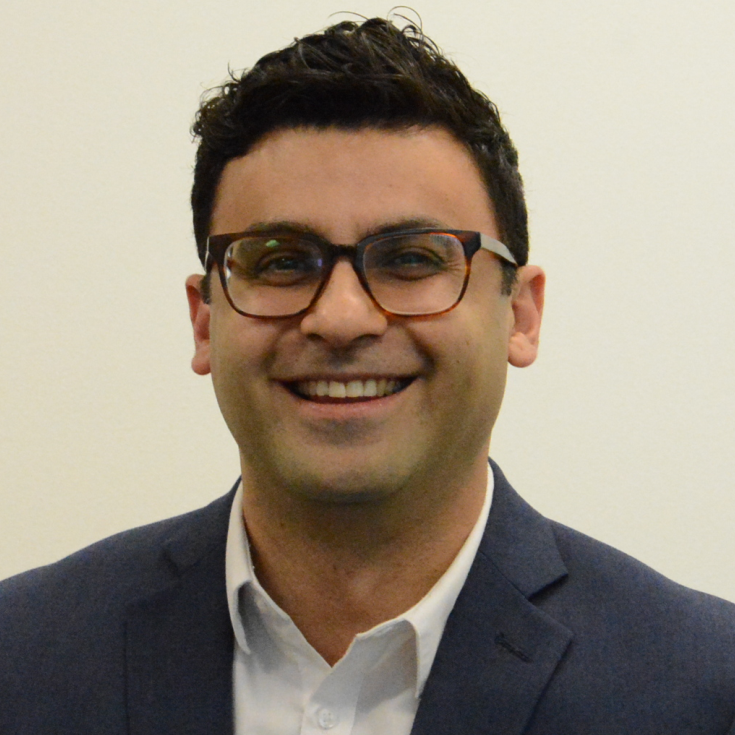Tens of thousands of satellites planned for various constellations makes for interesting times. Fleets of relatively small satellites orbiting the planet at lower altitudes are cheaper to build and operate, reduce the effects of latency and fly in close orbits mean larger numbers are needed to cover the same surface area, driving the need for mass manufacturing and multiple launches. Current major players include OneWeb, SpaceX (StarLink), Telesat, Blue Origin (Kuiper) and others. Applications from broadband internet to IoT mean large markets for those who win this race.
 Chris Baugh
Chris Baugh
Mr. Baugh serves as the President and Founder of Northern Sky Research (NSR), which he created in 2000 to provide independent, actionable market research and consulting services to the satellite industry. Mr. Baugh directs all NSR multi-client research reports and single-client consulting projects and manages a global team of analysts that stand at the forefront of satellite industry expertise.
Before forming NSR, Mr. Baugh served as Senior Analyst for Pioneer Consulting where he covered all aspects of the satellite market. Prior to Pioneer, Mr. Baugh was an International Trade Specialist and Economist for the U.S. Department of Commerce in Washington, DC. While at the Department of Commerce, Mr. Baugh was a recipient of the Charles F. Meissner Memorial Award for his work on trade negotiations in the International Trade Administration.
Mr. Baugh also has extensive legislative and analytical experience from his work for the Committee on International Relations and the Permanent Select Committee on Intelligence, both in the U.S. House of Representatives. Mr. Baugh holds a Bachelor’s Degree from Westminster College and a Master’s Degree in International Affairs from The George Washington University.
 Dan Ceperley
Dan Ceperley
Dan cofounded LeoLabs to accelerate the new commercial economy in LEO, protect satellite assets, and preserve the space environment. LeoLabs is the first commercial data source for tracking satellites and mapping LEO. Prior to co-founding LeoLabs Dan was a Program Director at SRI International where he supervised the Allen Telescope Array and developed advanced radar imaging technologies. Dan holds a Ph. D. from U. C. Berkeley in electrical engineering.
 James Grossman
James Grossman
James Grossman is a Principal Engineer in the Advanced Satellite Programs group at OneWeb and is responsible for developing the satellite architecture that will be used in the next-gen systems under development today. Mr. Grossman worked on the original satellite design and was responsible for the overall mechanical layout and budgets on the current generation of satellites. Prior to joining OneWeb Mr. Grossman worked for Google and Space Systems/Loral on various telecom satellite projects.
 Ehson Mosleh
Ehson Mosleh
Ehson Mosleh is currently the Chief Scientist at Tyvak Nanosatellite Systems, Inc. and has over 15 years of experience in building high-performance small satellites for civil, defense, and commercial customers. He holds a Bachelors and Masters Degree in Computer Science from Montana State University. As a student at MSU, he was active in and eventually the leader of Space Science and Engineering Laboratory at MSU, which was a forerunner in the “CubeSat revolution,” transforming the once hobby industry into an arena where small satellites are now cost-effective and an integral part of the larger aerospace ecosystem. His responsibilities as Chief Scientist include overseeing the overall technical execution of a diverse set of missions, including Tyvak satellites currently in operation, in addition to formulating future mission architectures. Ehson’s technical areas of expertise are in Systems Engineering, EO/IR Payloads, and tailored Mission Assurance practices for fast-paced programs.
 Dan Nevius
Dan Nevius
Dan Nevius is a Co-Founder and CEO of Analytical Space, a Boston-based startup building a network of small satellites that use RF and optical communication to provide a data relay service for remote sensing satellites. Before starting Analytical Space, Dan was the Director of Special Projects at Planetary Resources, the asteroid mining company, where he worked on business development and strategy for the CERES constellation, a network of hyperspectral remote sensing satellites, and the company’s long term vision of asteroid prospecting. Dan also briefly worked at BCG in the London Office and the Space and Science Branch of the White House Office of Management and Budget. He graduated from Harvard Business School in 2017 and earned his MSc in Space Science and Engineering from UCL in London, an MPhil in Engineering from the University of Cambridge where he researched methods for 3D printing large structures on the moon using local materials, and a BS in Engineering and Astrophysics from Harvard University. Dan was selected for Forbes “30 under 30” in Science.